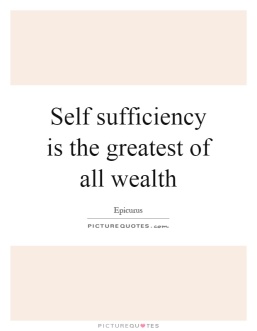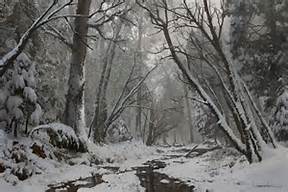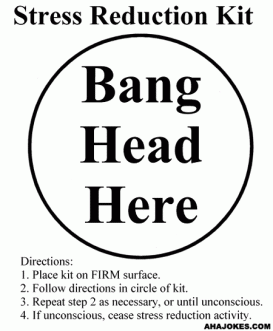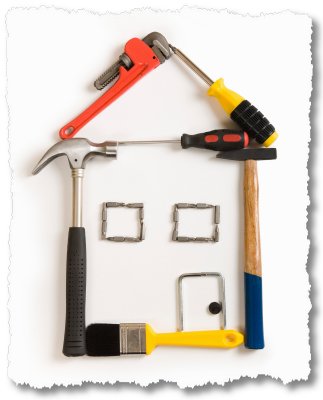Work is not complicated. Today is not complicated. We simply must do what must be done. The morning was started with the dog and evolved to some carpentry. The sun out, became more beautiful as the day slowly grew. The wood cut, and lunch.
Out came the chicks; the sun would do them good. Enjoying the sunny day the chicks played and slept, ate and drank. Simple times; simple life.
The afternoon started slowly, the tractor in place and the chipper hooked up. The brush awaited. The chipper started and the chipping began. One pile, and then another. Almost Buddhist in its meditation: the brush goes in and chips come out.
The chips themselves simple in their creation. They will start as hen house bedding, and the compost and then on into the garden to start the cycle again. One day growing a tree that will be cut and used, even to its smallest branches.
The piles of chips, sitting in the sunshine, and a shovel. The old trailer brought to life but first the hitch attached to the tractor. The work is hard and the day is beautiful: both simple in their very nature.
The trailer full of chips and the stored for the winter. The day is simple; work is not complicated. As it should be; as it should be.




